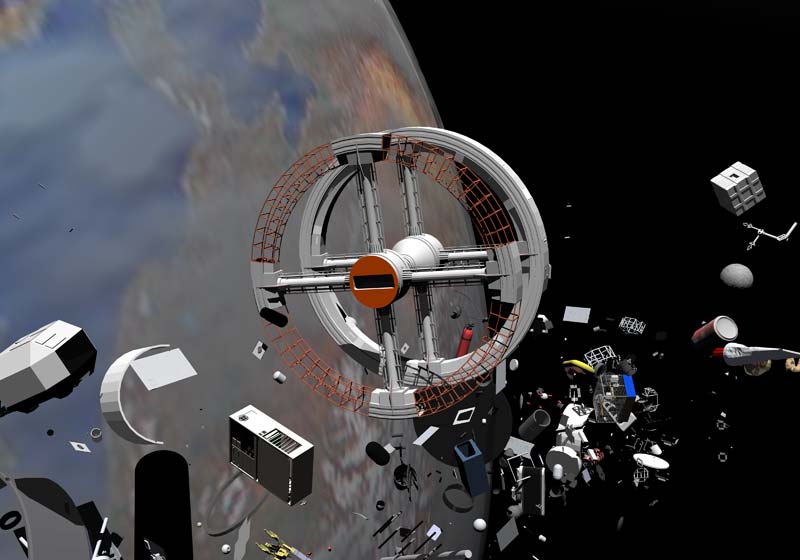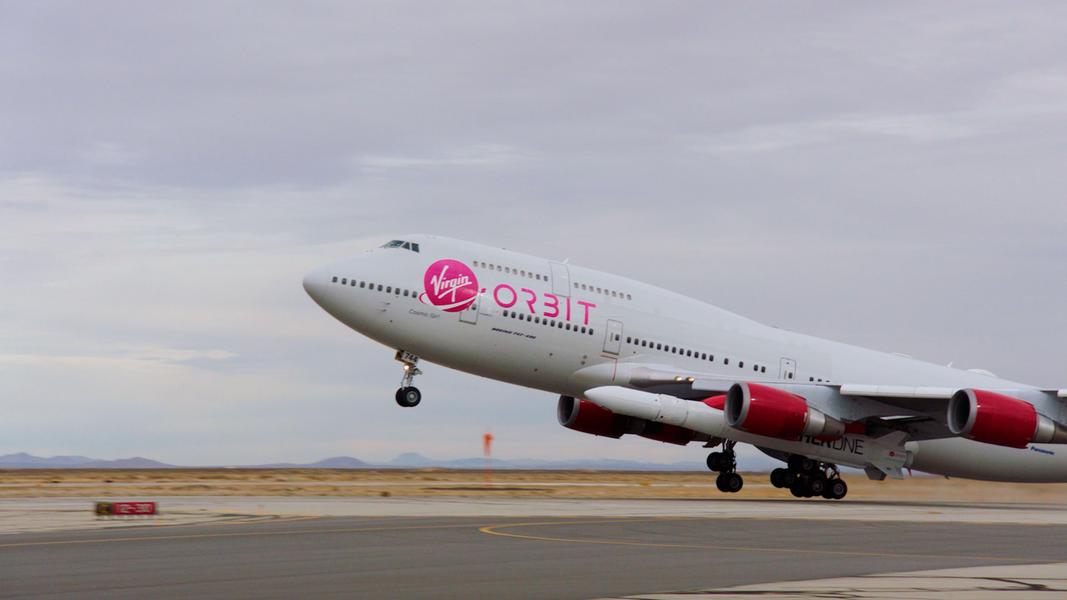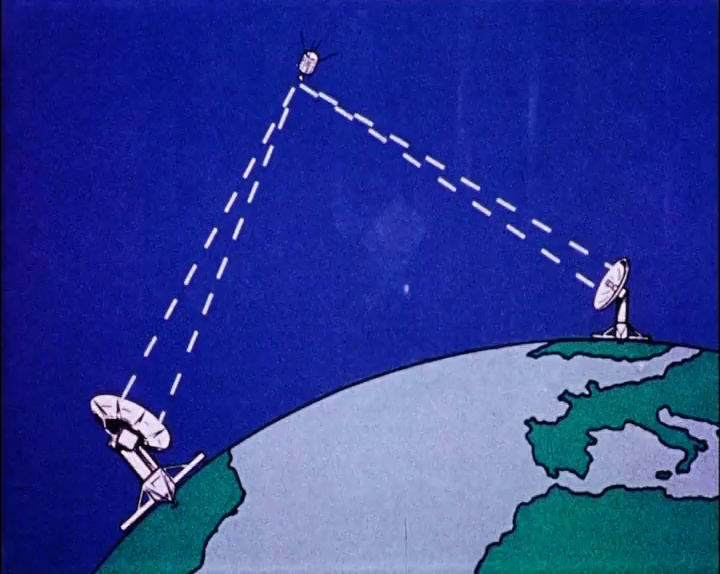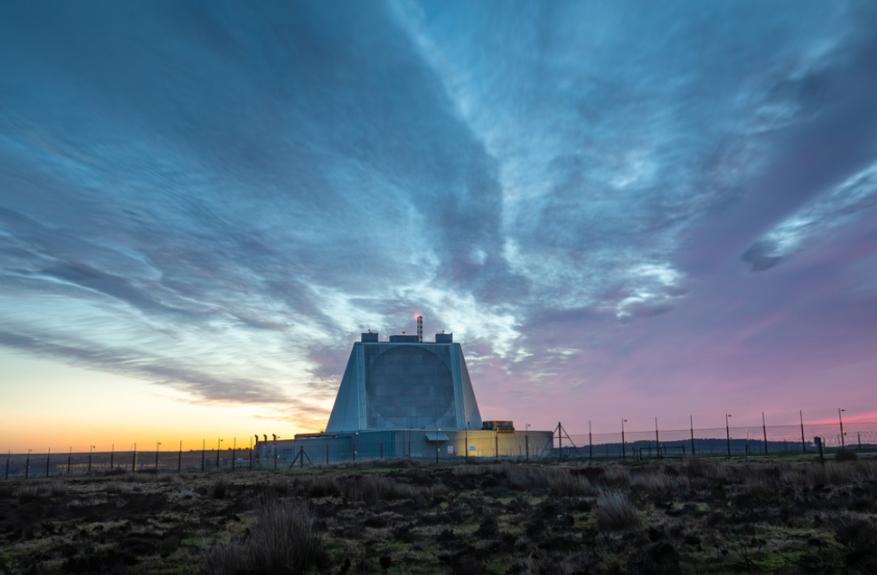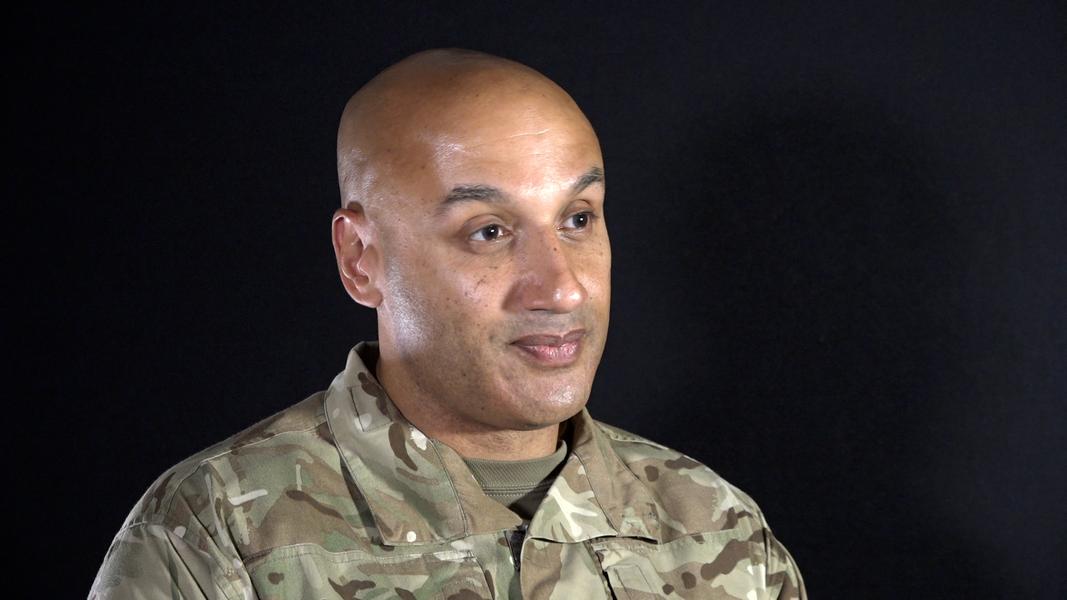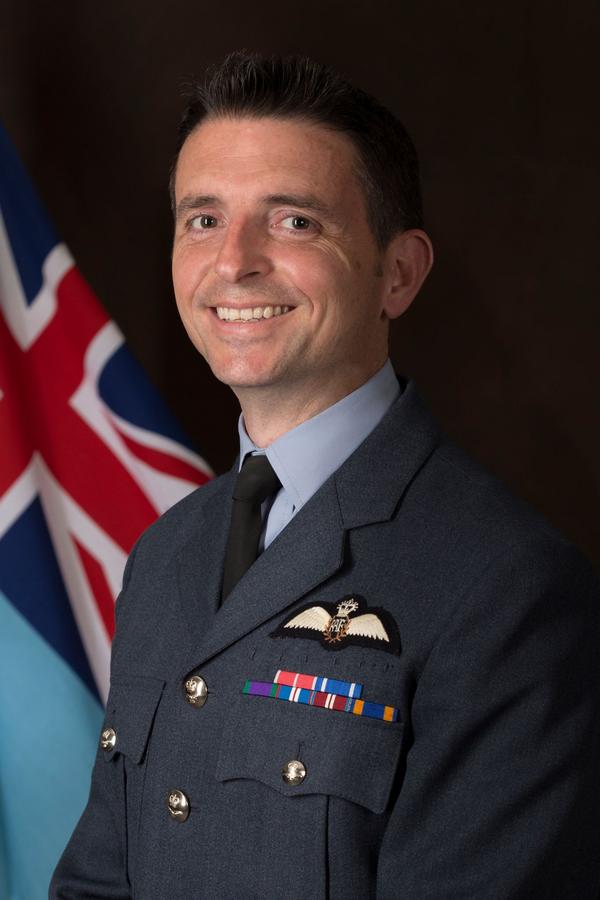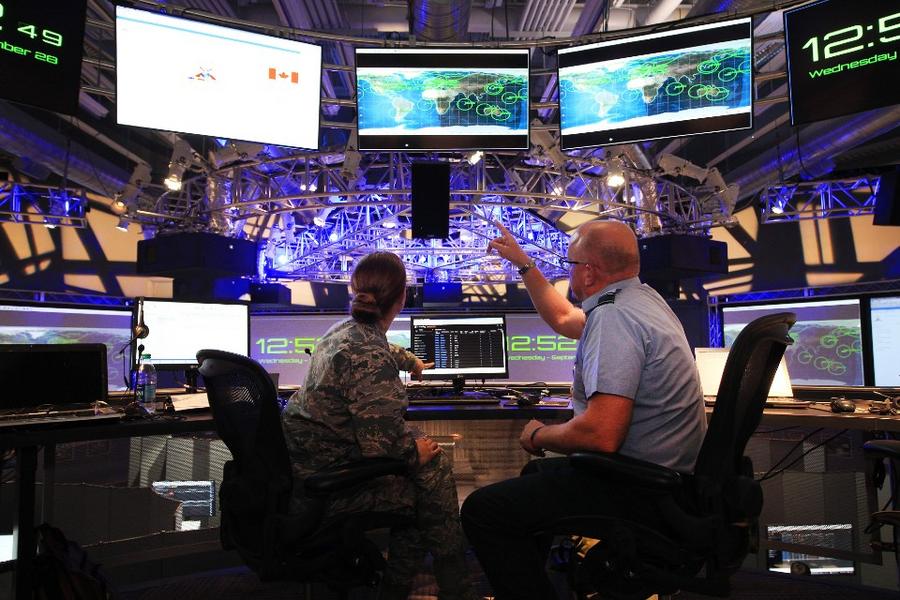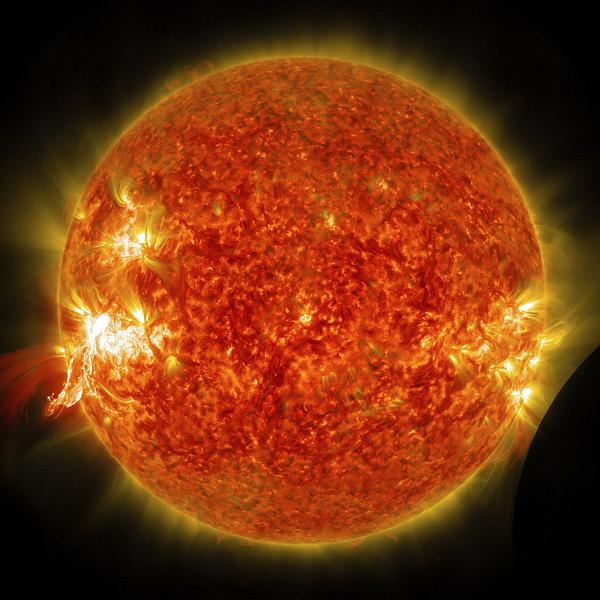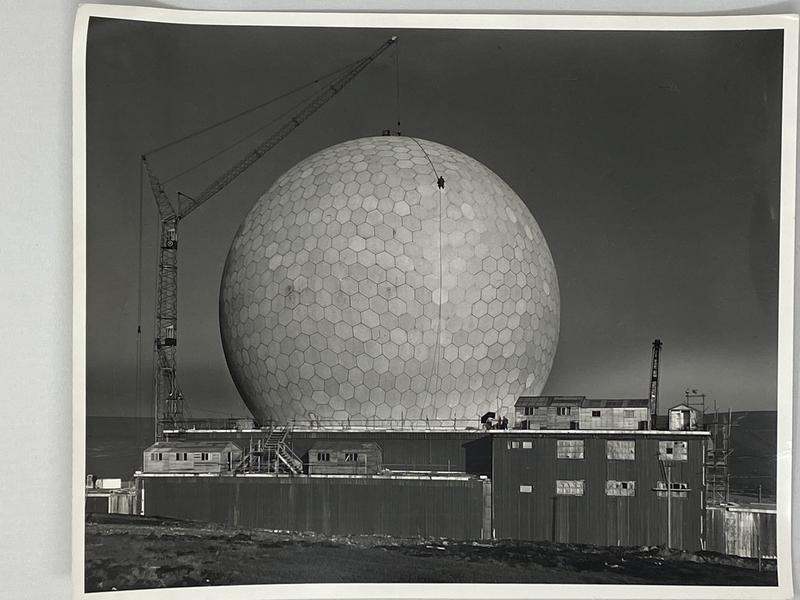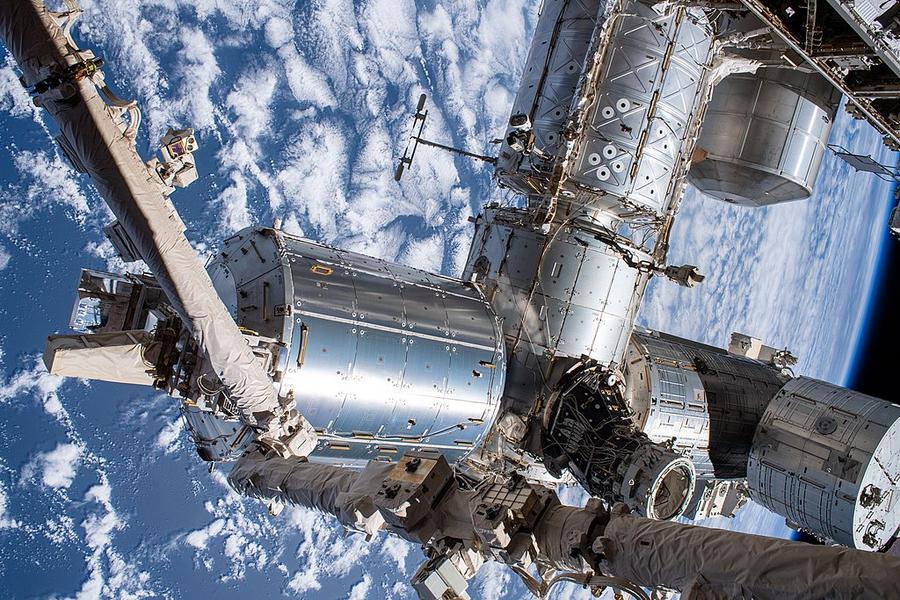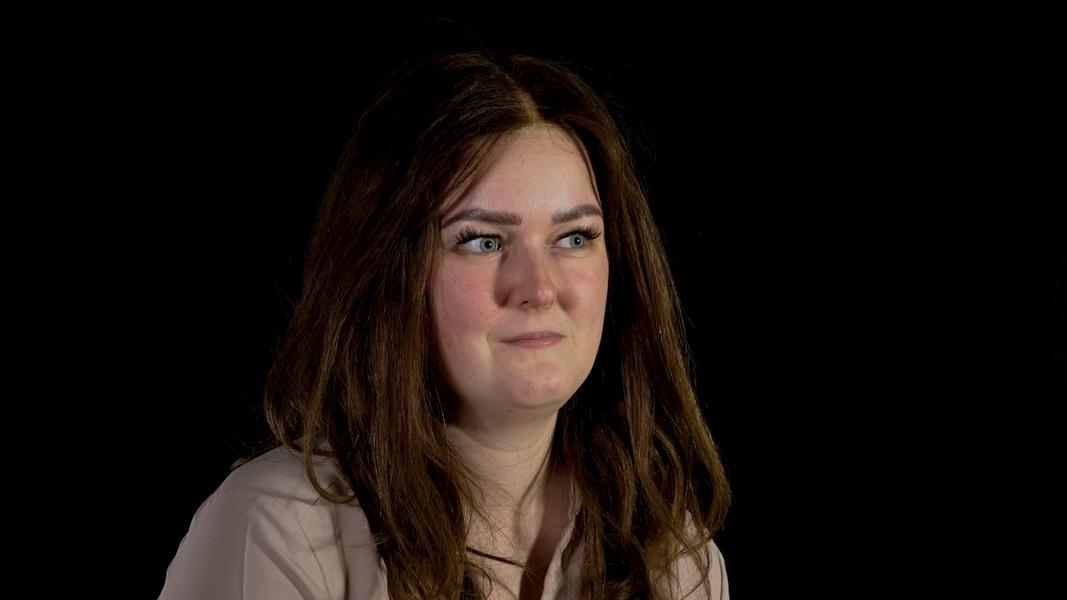we're never going to clear it all up anytime soon,
but there are companies out there...
Also, firstly, the biggest thing about space debris
is understanding it and understanding where it is.
And there's an awful lot of information out there
on the stuff that's there.
Enhancing our sensors, whether it's telescopes,
whether it's radar, and so on,
is a biggie for us in the future to understand space debris,
cause it's not just a military thing
in terms of understanding the environment,
it's for everything.
As I mentioned, my Sky TV, you know,
I wouldn't want those satellites taken out
in the middle of the Lions much,
you know, in the coming weeks.
And there are a lot more important things out there
than Lions match and satellite television.
And so the debris side of it, I think is,
is really, really important.
There's a great company, we've met them the other week,
called Astroscale.
It just launched a satellite called ELSA-d.
That is a debris cleanup satellite.
So goes to, you know, obviously large chunks of debris,
can attach itself to them and then deorbits them.
It uses its own power to take them out of orbit,
and they burn up into the atmosphere.
So, you know, for larger and larger chunks,
I think there will be solutions as we, you know,
run through the next few years.
For the smaller ones, I don't know what the solution
is going to be other than knowing where they are
and knowing how to avoid them.
The other reason it is significant as well,
is if you look at one of Elon Musk's companies,
they have associated with SpaceX Starlink,
so ultimately providing broadband for rural areas.
OneWeb, a UK company
that is looking to launch 750 satellites
into low-earth orbit,
still only at the moment has 1200 plus satellites
and is looking to possibly launch up to 30,000.
So you can imagine the debris effect
on such a large constellation.
They have to know what's going on,
they have to be able to maneuver.
But then when you've got other satellites out there,
you might not necessarily have the full freedom of maneuver
because your maneuver might then put you in conjunction
with someone else's satellite.
So you can see there's almost a knock-on effect.
And you know, I think the very worst case,
and I can't remember there is a scientific name
for the sort of chain reaction,
but if you just, it's Hollywoodized,
but if you watch the movie Gravity
and see the sort of chain reaction that happens there
with Sandra Bullock and George Clooney,
it can give you an idea of the very, very, very
worst case scenario with debris so it is really important.
I think we'll see more and more companies
looking to try and clean up space debris.
And from our perspective,
we're definitely looking to understand the environment
so we know where the debris is.
